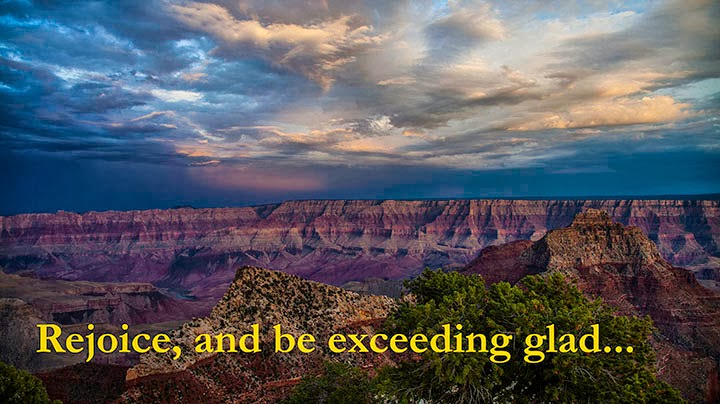It has now been some time since FamilySearch negotiated free access to several large, online family history database websites for the members of The Church of Jesus Christ of Latter-day Saints. I recently had the opportunity to teach three classes at a local Stake Family Discovery Day. The event was well attended considering the timing was right as the schools were closing down for the summer and people were leaving for vacations. I had a total of around 50 people in my classes.
My classes were on the FamilySearch Partner Websites, with a brief overview of each website. At the beginning of each of the three classes, I took an informal poll to see how many of the people attending the Family Discovery Day had already taken advantage of signing up for free access to the Partner websites. You can probably guess that I was not surprised by the responses and that the responses were such that I am writing a blog post about what I saw.
As far as I could tell, there was only one person who had signed up for all four of the database websites: Ancestry.com, MyHeritage.com, Findmypast.com and AmericanAncestors.org. The people attending were those, out of the entire Stake, who were motivated to come out on a Saturday afternoon and attend a meeting about family history. Why is this the case and why are the results not at all surprising?
Family History plays a very complex roll in the lives of members of the Church. Although there is a firm, doctrinal foundation for being involved in searching out our ancestors, the actual practice of doing family history research is only vaguely understood by most of the members. There is the double challenge of doing "research" which has many negative connotations and the sometimes overwhelming challenge of becoming involved with computers and the Internet at a fairly high level of sophistication. At the same time the members are being told that the whole process is "fun" and "easier than it ever has been."
Back to my three classes. What I found in teaching the classes is that the members lacked a basic understanding of what the Partner Programs were and why they might help them in finding their family members. For example, very few of those attending the classes had any idea what the three program did or how they functioned, even among those who had "signed up" for the free access. A significant number of the attendees were unable to access the programs due to complications with the signup process. Almost none of the attendees were aware that Ancestry.com, MyHeritage.com and Findmypast.com were automatically finding record hints at a high level of accuracy. It was my impression that few even were aware of the Record Hints incorporated into FamilySearch.org's Family Tree. Even if they were "aware" of their existence, they have no idea how to attach the records to their family members or why they would even want to do so.
In short, we have a massive amount of family history information and a huge gulf in the awareness and knowledge of the members of the Church about how to use it. Even well attended Family Discovery Days are not able to teach each of the attendees how to get started with doing research on their families without a huge amount of post-conference support. Family history is seen as "one more thing I have to do" by most of the members I talk to.
This particular Family Discovery Day was attended by the Stake President. His comments to me indicated that he saw the importance of the classes and the need for more intense instruction. As a result, he was talking about holding another Family Discovery Day in about six months on a day in the middle of the Winter when people have to stay inside and would be more available for classes and learning. We have come to the conclusion that helping people with their family history is primarily a "one on one" task and it is best accomplished when we involve the leaders in that one on one effort.
For the past few years, I have been attending national conferences and doing a lot of presentations. I see my role as changing. My efforts in the future are being directed at small classes and individuals. My goal is to help those who are new to family history, actually get involved in searching out their ancestors and not just teach classes that have no direct effect. I am also involved in teaching the teachers. By this, I mean teaching the Family History Consultants and Family History Missionaries how to do their jobs.




As a consultant and a professional genealogist I agree with you. Within the church community there is very little interest in the partner sites with the exception of Ancestry.com and this is primarily with existing users. Members would prefer to stick with FamilySearch as their research program. We need to get past name collecting to an interest in Family History.
ReplyDelete